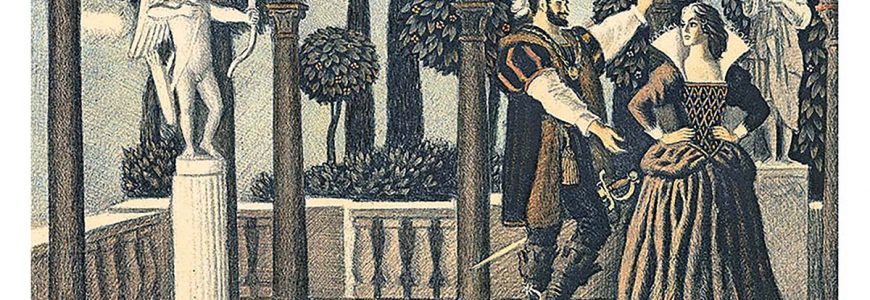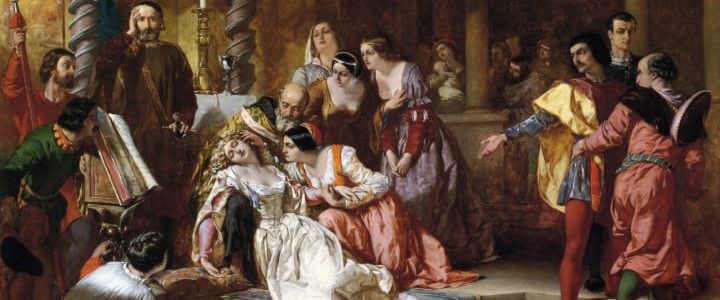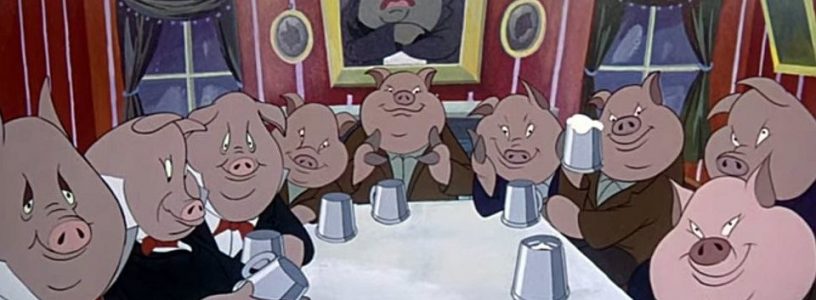The Taming of the Shrew by William Shakespeare remains one of the most discussed and controversial plays of the playwright. On the surface, it is a comedy about love and marriage, but at its core, it is a complex exploration of social and psychological dynamics where power, social norms, and […]
Read more The Taming of the Shrew: Power, Strategy, and Psychological PlayThe Taming of the Shrew: Power, Strategy, and Psychological Play








